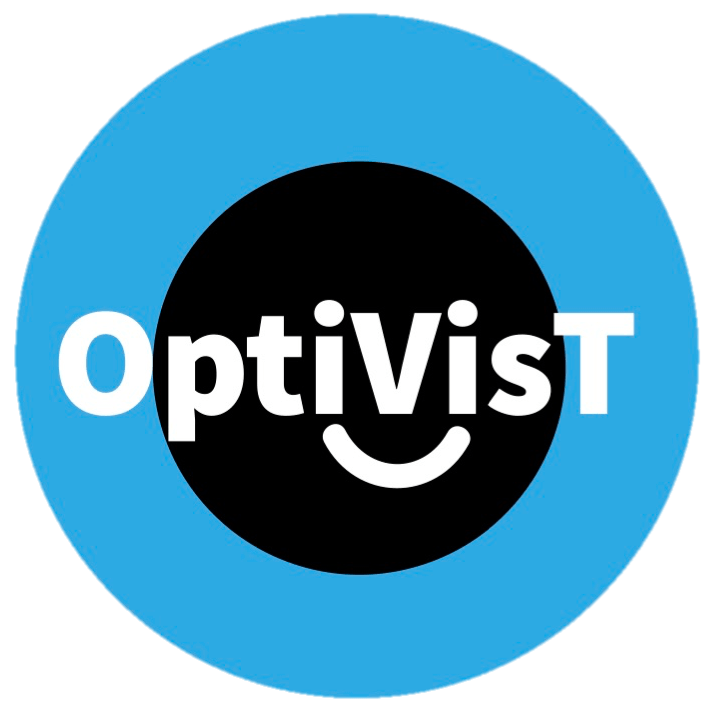PROJECT 11
Examining eye-movements made during activities of daily living for screening and rehabilitation of functional vision
Why? Eye movements (EMs) are the most frequent action we make in our waking day; allocating gaze (where you look) is a constant visual activity. We hypothesise dysfunction in the visual system can turn up in the form of telltale differences in a person’s gaze. Therefore, could tracking EMs have potential as a rigorous vision test incorporated into an everyday activity, like something as simple as watching a movie or using a mobile device? Could we use these ideas to detect and monitor common eye conditions like macular disease and glaucoma ?
How? You will answer these questions by building on our research to make experiments to identify specific associations between eye disease and EMs. This flexible project can develop in a series of ways. If you are an experimental psychologist or interested in human performance, then we can build lab experiments using eye tracking and gaze contingent displays or test large numbers of people in clinics. If your passion is coding or software engineering then you can help us refine our technology for use on mobile devices.
Where? You will join the Crabb Lab in the School of Health Sciences at City, University of London - a lively research environment with a unique mixture of vision scientists, optometrists, psychologists and computer scientists - supervised by Professor David Crabb and Dr Pete Jones. You will work in state-of-the-art labs in the department of optometry and visual sciences. City is a vibrant and large university located in the heart of London.
What can you expect to learn and experience? You will receive project-specific training in measurement of EMs, systematic reviews, vision science, design and operation of clinical studies, informatics and statistics. The Crabb Lab provides a unique interdisciplinary peer-to-peer, day-to-day training environment. Secondments and collaboration opportunities will be available with OptiVisT partners, for example Peek Vision.
Who are we looking for? You must be an exceptionally motivated and inventive scientist. Training/qualification/expertise in experimental psychology or human based performance or software engineering would be ideal. Equally a background in vision science, ophthalmology, biology, physiology or related areas. Some programming skills (e.g. Python, R, MatLab) would be desirable. You must have excellent English oral presentation and writing skills. Detailed knowledge about vision or eyes are not required, but a desire to work very hard on a person-based study or a motivation to code/build technology is essential.
References
- Crabb, D.P, Smith, N.D., & Zhu, H. (2014). What's on TV? Detecting age-related neurodegenerative eye disease using eye movement scanpaths. Frontiers in Aging Neuroscience, 6:312. https://www.frontiersin.org/articles/10.3389/fnagi.2014.00312/full
- Asfaw, D. A., Jones, P. R., Edwards, L., Smith, N. D., & Crabb, D. P. (2020). Using eye movements to detect visual field loss: a pragmatic assessment using simulated scotoma, Scientific Reports, 10:9782. https://www.nature.com/articles/s41598-020-66196-2
- Jones, P. R., Lindfield, D., & Crabb, D. P. (2020a). Using an open-source tablet perimeter (Eyecatcher) as a rapid triage measure in a glaucoma clinic waiting area, British Journal of Ophthalmology, Online ahead of print https://bjo.bmj.com/content/early/2020/08/03/bjophthalmol-2020-316018
- Jones, P. R., Demaria, G., Tigchelaar, I., Asfaw, D. S., Edgar, D. F., Campbell, P., Callaghan, T., & Crabb, D. P. (2020b). The human touch: Using a webcam to autonomously monitor compliance during visual field assessments, Translational Vision Science & Technology, 9(8):31. https://tvst.arvojournals.org/article.aspx?articleid=2770338
Project output
No output yet.

